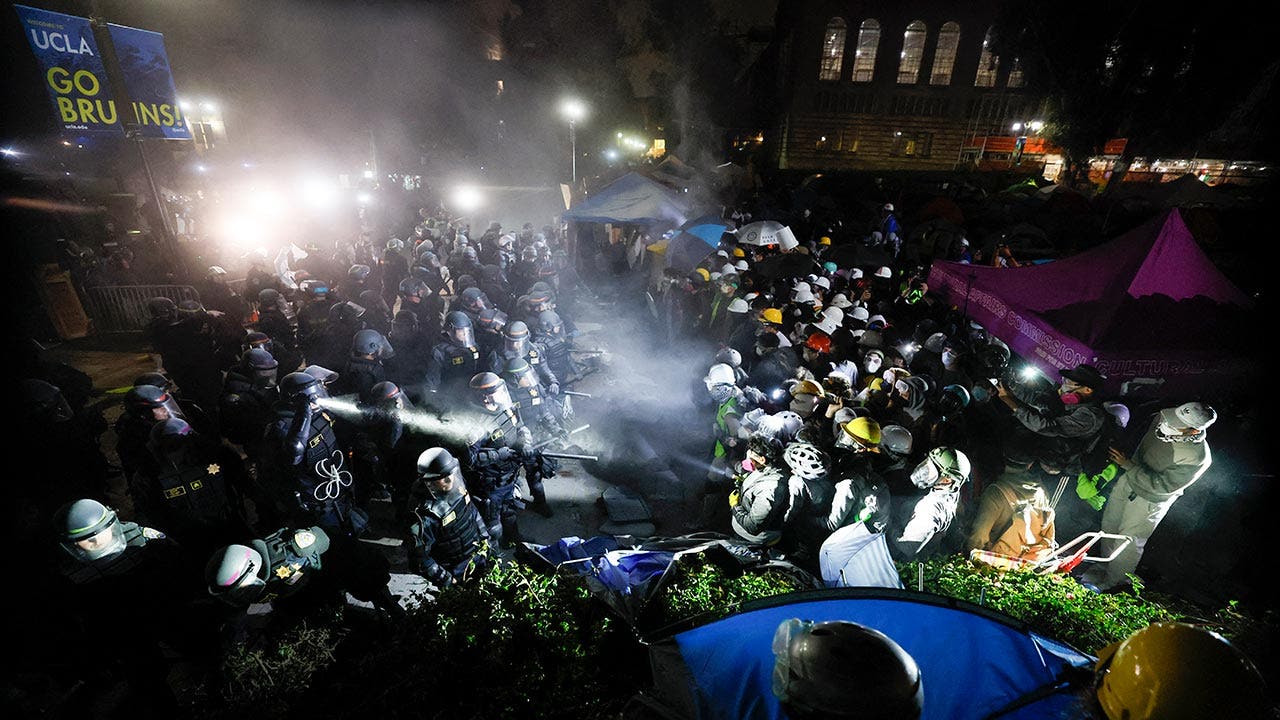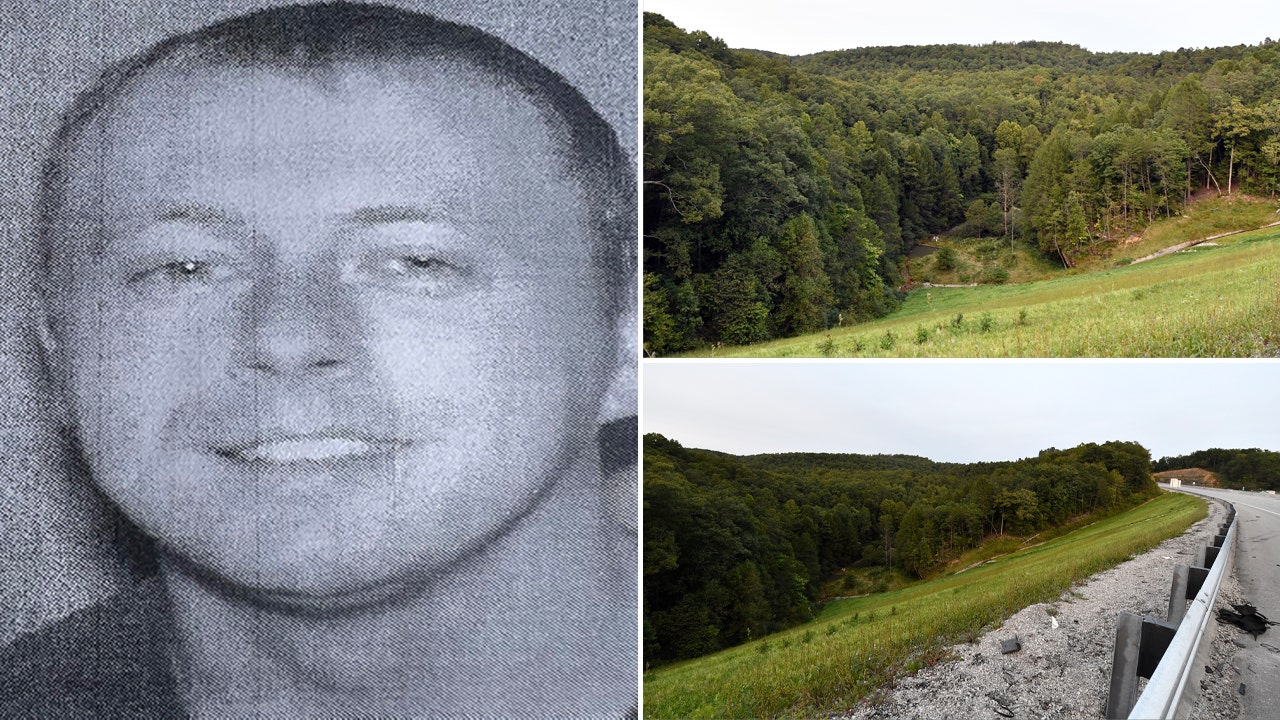President Biden will turn and look straight into the camera, ignoring his opponent and the moderators, speaking directly to voters. At least once.
Look for Mr. Trump to seize the spotlight at every opportunity, bulldozing anyone on the stage — including the moderators.
It has been nearly four years since either Mr. Trump or Mr. Biden has appeared on a debate stage. But there is one place to look to predict their moves when they face off Thursday in Atlanta: Go back to the tapes.
The two men spent a total of 180 minutes sparring in 2020. The sessions were loud, combative, chaotic and often nasty — but they were also instructive, suggesting the styles and weaknesses that may be on display again.
We rewatched both debates of 2020. (Twice!) Here, if you will, is a scouting report, a look at what to expect from the two candidates.
Donald J. Trump
Attack, Attack, Attack
Mr. Trump will most likely approach every question by going on offense. “Excuse me, he was there for 47 years — he didn’t do it,” Mr. Trump said at their second debate when Mr. Biden talked about protecting Americans from losing their health care.
Mr. Trump, at least in previous encounters, has not played by the traditional rules of debates — the rules Mr. Biden and his moderators have adhered to for decades. His dominance and constant talk can be disruptive, and it turned the first debate of 2020 into something of a car crash. Mr. Trump’s under-his-breath patter of commentary and correctives seemed intended to rattle and distract his opponent.
That said, a big question is how much Mr. Trump will be able to reprise that combative style. At their second debate of 2020, the rules were changed because of Mr. Trump’s conduct at the first debate: The candidates’ microphones were turned on only when it was their turn to speak. The same rule will be in effect on Thursday.
“I think the format, with the mics being cut off, lends itself to Trump being a more disciplined version of Trump than at least he was in the first debate,” said Kate Bedingfield, a deputy campaign manager for Mr. Biden in 2000 who was involved in debate preparation.
Facts, falsehoods and insults
Ask a traditional Republican what they want Mr. Trump to talk about, and they’ll say his record in office. But Mr. Trump’s past debates suggest that’s not where he’ll spend most of his time.
In 2020, Mr. Trump devoted long stretches to a stream of assertions, some false and some not, and Don Rickles-like insults. (“There’s nothing smart about you, Joe.”) He also laid out accusations filled with characters and obscure references that eluded many voters. (Did anyone really remember Sidney Blumenthal, the former Hillary Clinton aide who was a recurring character in Mr. Trump’s debates against Mrs. Clinton?)
For Mr. Biden, one challenge will be deciding when to engage and when to ignore. Mrs. Clinton advised viewers to go to her website for a live fact-checking of what Mr. Trump was saying; the consensus among Democrats is that was not particularly effective.
Mr. Biden picked his moment to address Mr. Trump’s inaccuracies by appealing directly to the audience. “Do you believe for a moment what he’s telling you — in light of all the lies he’s told you about the whole issue relating to Covid?”
When in doubt, pivot
Trump will answer the questions he wants to answer — not necessarily what is asked. In 2016, when asked about the “Access Hollywood” video in which he boasted of grabbing women’s genitals, he dismissed it as locker room talk and segued into a discussion of ISIS, the terrorist group of Sunni militants, “chopping off heads.”
He may try to throw off Mr. Biden by demanding that he renounce the position of an ally or apologize for something said in the past. “You can’t even say the word law enforcement,” he said to Mr. Biden, as he challenged him to say those words. “Because if you say those words, you’re going to lose all of your radical left supporters.”
Or Mr. Trump may try to put his opponent on the defensive by attacking what he sees as a point of vulnerability. In 2016, he brought up the sexual misconduct allegations against former President Bill Clinton when Mrs. Clinton talked about sexual misconduct episodes that have long shadowed Mr. Trump.
And in 2020, he evoked corruption allegations that have trailed Mr. Biden’s son Hunter, who was just convicted of three gun-related felonies in a trial that laid bare his struggles with drug addiction.
President Biden
There you go again
Mr. Biden in 2020 sought to disarm his opponent — and undercut the barrage of attacks and assertions — by smiling broadly or laughing outright as Mr. Trump spoke. Yet for all the smiling, Mr. Biden delivered the kind of cutting sound-bite attacks that resounded after the debate.
When Mr. Trump kept trying to tie Mr. Biden to the policies of Bernie Sanders, the liberal senator from Vermont, Mr. Biden mocked him. “He’s a very confused guy, he thinks he’s running against somebody else. He’s running against Joe Biden.”
And when Mr. Trump kept interrupting him during that first debate, Mr. Biden, in a moment of exasperation, turned to the moderator, Chris Wallace: “Will he just shush for a minute?” he said.
Straight to camera
In both debates, Mr. Biden repeatedly turned away from his opponent to talk directly into the camera. “There’s a reason why he’s bringing up all this malarkey,” he said on one of those occasions. “He doesn’t want to talk about the substantive issues. It’s not about his family and my family. It’s about your family, and your family’s hurting badly.”
This was, on the part of Mr. Biden and his advisers, a very deliberate decision going into the debate and one that is likely to be on display again: “The audience for the debate is watching on television,” Ms. Bedingfield said. “One of the best contrasts for Biden relative to Trump is his humanity and empathy.”
Playing by the rules
Mr. Biden is a creation of the political establishment, and he tries to play by the rules he grew up with over more than 40 years in Washington: He responds to questions (mostly), sticks to time limits (mostly) and doesn’t interrupt the moderator (mostly).
When Mr. Trump took the stage at their first debate, Mr. Biden greeted his opponent with a warm smile, as if it were two veteran local politicians, starting off a debate in a City Council race: “How you doing, man?”
And playing by the rules, he can be goading and provocative, seeking to rattle his opponent in the most traditional of ways: demanding that Mr. Trump release his taxes or accusing him of bungling the Covid pandemic.
“We’re about to go into a dark winter, a dark winter, and he has no clear plan,” Mr. Biden said.
“I don’t think we’re going to have a dark winter at all,” Mr. Trump responded.
Looking back can be a valuable way of predicting the future. But it has been a long four years. The world has changed, the nation has changed and these two men have four more years of baggage and life lessons. And it is a good bet that the Biden and Trump debate teams have spent these past few weeks watching these same videotapes, and drawing many of the same lessons.
Video research and production by Christina Kelso






